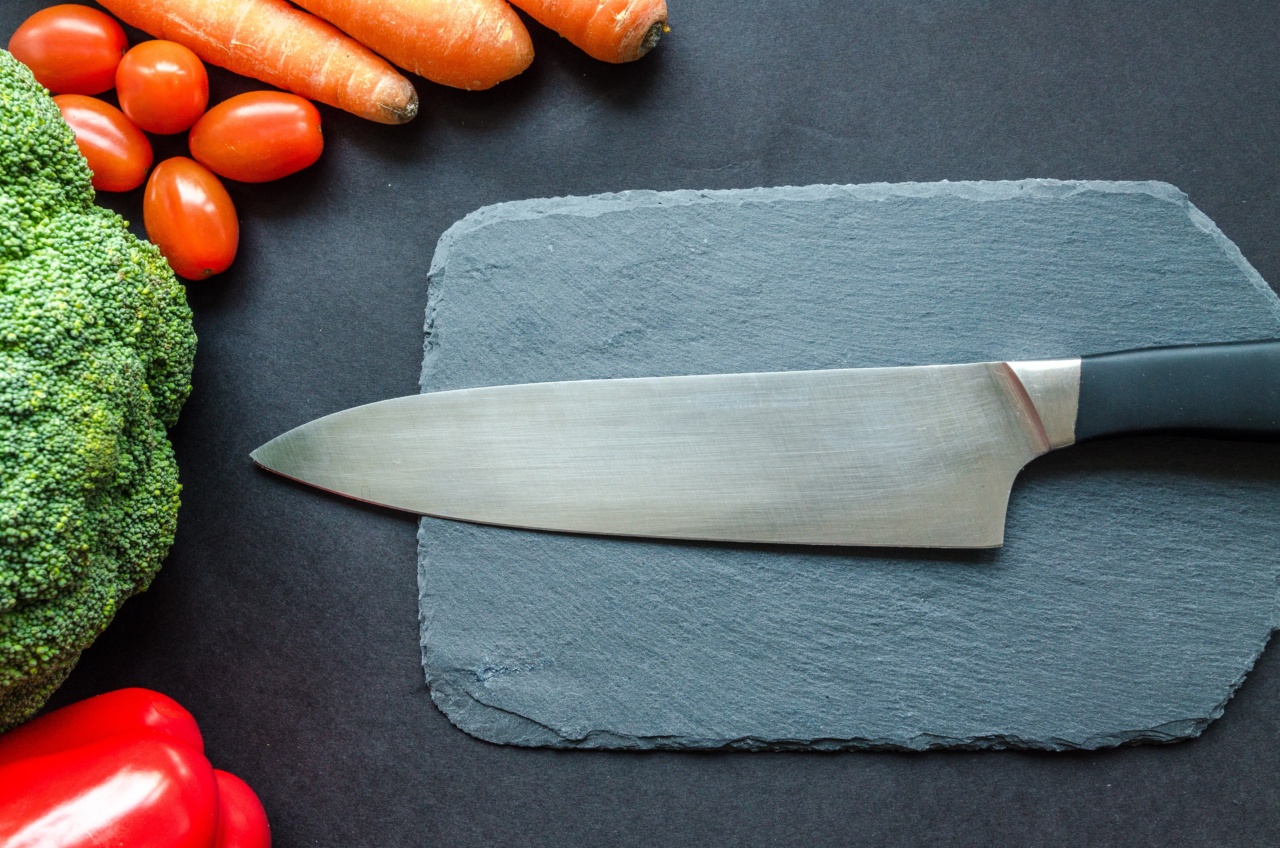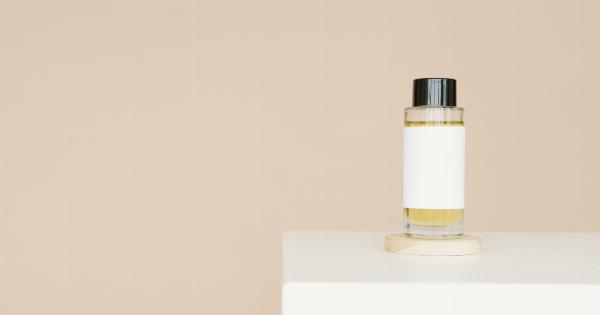Every woman or man desires strong, healthy hair.
However, not everyone is born with the genetics for healthy, strong hair, and some factors damage hair health over time, such as heat styling, chemicals, genetics, medical conditions, aging, and poor nutrition. The good news is that the right nutrients in your diet, hair care, and topical products can go a long way in improving hair health. Which essential vitamins and nutrients support healthy hair and which foods contain them? Read on to find out.
Vitamin A
Vitamin A is an essential nutrient for hair growth and skin health. It regulates cell growth and sebum production, which keeps the scalp moisturized and promotes healthy hair growth.
Vitamin A also has antioxidants that protect hair follicles from damage caused by free radicals. Sources of Vitamin A include leafy greens, carrots, sweet potatoes, pumpkin, beef liver, and fish oil.
Vitamin B
The B family of vitamins, including biotin, B3 (niacin), B5 (pantothenic acid), B6, and B12, are vital for healthy hair growth. Biotin, in particular, is the most popular and researched B vitamin for hair health.
It helps produce keratin, a protein that gives hair structure and strength, and improves hair elasticity. Biotin also protects hair from damage and breakage. Excellent sources of B vitamins include whole grains, beans, nuts, lean meats, eggs, dairy, and leafy greens.
Vitamin C
Vitamin C is a potent antioxidant that helps protect hair follicles from oxidative stress and damage. It also helps produce collagen, which strengthens hair and prevents breakage.
Vitamin C also boosts iron absorption, an essential mineral for healthy hair growth. Foods rich in Vitamin C include citrus fruits, berries, kiwifruit, papaya, guava, pineapple, broccoli, Brussels sprouts, sweet peppers, and leafy greens.
Vitamin D
Vitamin D is an essential nutrient for overall health and hair growth. It helps regulate hair follicle cycling, hair growth, androgen metabolism, and immune function, all of which impact hair health.
Vitamin D is also useful for treating hair loss and improving hair density. You can get Vitamin D through sun exposure, fatty fish, egg yolks, fortified dairy, and mushrooms.
Vitamin E
Vitamin E is another powerful antioxidant that helps improve scalp circulation and oxygenation, which boosts hair growth. Vitamin E also improves hair elasticity, strength, and shine.
It also guards hair from UV damage, heat damage, and environmental stressors. Good sources of Vitamin E include nuts, seeds, avocado, leafy greens, and vegetable oils.
Iron
Iron is a mineral that helps produce red blood cells that carry oxygen throughout the body, including the scalp and hair follicles. Low levels of iron lead to anemia, a condition that causes hair loss and slow hair growth.
Iron also helps support healthy immune function and hormonal regulation, which impact hair growth. Iron-rich foods include red meat, poultry, fish, beans, lentils, spinach, and fortified cereals.
Zinc
Zinc is an essential mineral that aids in hair growth and repair. It supports the immune system and DNA synthesis, which are critical for healthy hair growth. Zinc also helps regulate sebum production, preventing hair from becoming too oily or too dry.
Zinc deficiency is a common cause of hair loss and poor hair health. Good sources of zinc include oysters, beef, chicken, beans, nuts, and whole grains.
Omega-3 Fatty Acids
Omega-3 Fatty acids are essential fats that play a vital role in promoting healthy hair growth. They deliver nutrients and moisture to the hair follicle, improving hair density, thickness, and quality.
Omega-3 also reduces inflammation, preventing scalp problems like dandruff, eczema, and psoriasis that hinder hair growth. Good sources of Omega-3 include fatty fish, flaxseeds, chia seeds, and walnuts.
Protein
Protein is an essential nutrient for hair growth because hair is made of Keratin, a protein. Protein deficiency leads to hair loss, thinning, and weak hair.
A diet rich in lean protein provides the body with the amino acids it needs to make keratin and other hair-building blocks. Excellent sources of protein include lean meat, poultry, fish, beans, lentils, eggs, and dairy.
Biotin Supplements
Biotin is a popular B vitamin that has gained fame for its benefits for hair growth and strength. While biotin is present in many foods, some people may not get enough of this vital nutrient in their diet.
Taking biotin supplements in doses of 500 to 1000 mcg a day can help improve hair health, especially in people with biotin deficiency or hair loss issues. It is best to consult your doctor before taking biotin supplements as high doses can cause skin rashes, acne, and digestive issues.
Conclusion
Hair health is not just about what you put on your hair, but also what you eat. Eating a balanced diet that includes foods rich in essential vitamins and minerals is crucial for promoting healthy hair growth and preventing hair loss.
As you incorporate these nutrients into your diet, remember to also practice good hair hygiene, avoid harsh hair treatments, and protect your hair from damage and breakage. With the right care and nourishment, your hair can be strong, healthy, and beautiful!.































